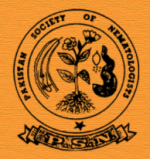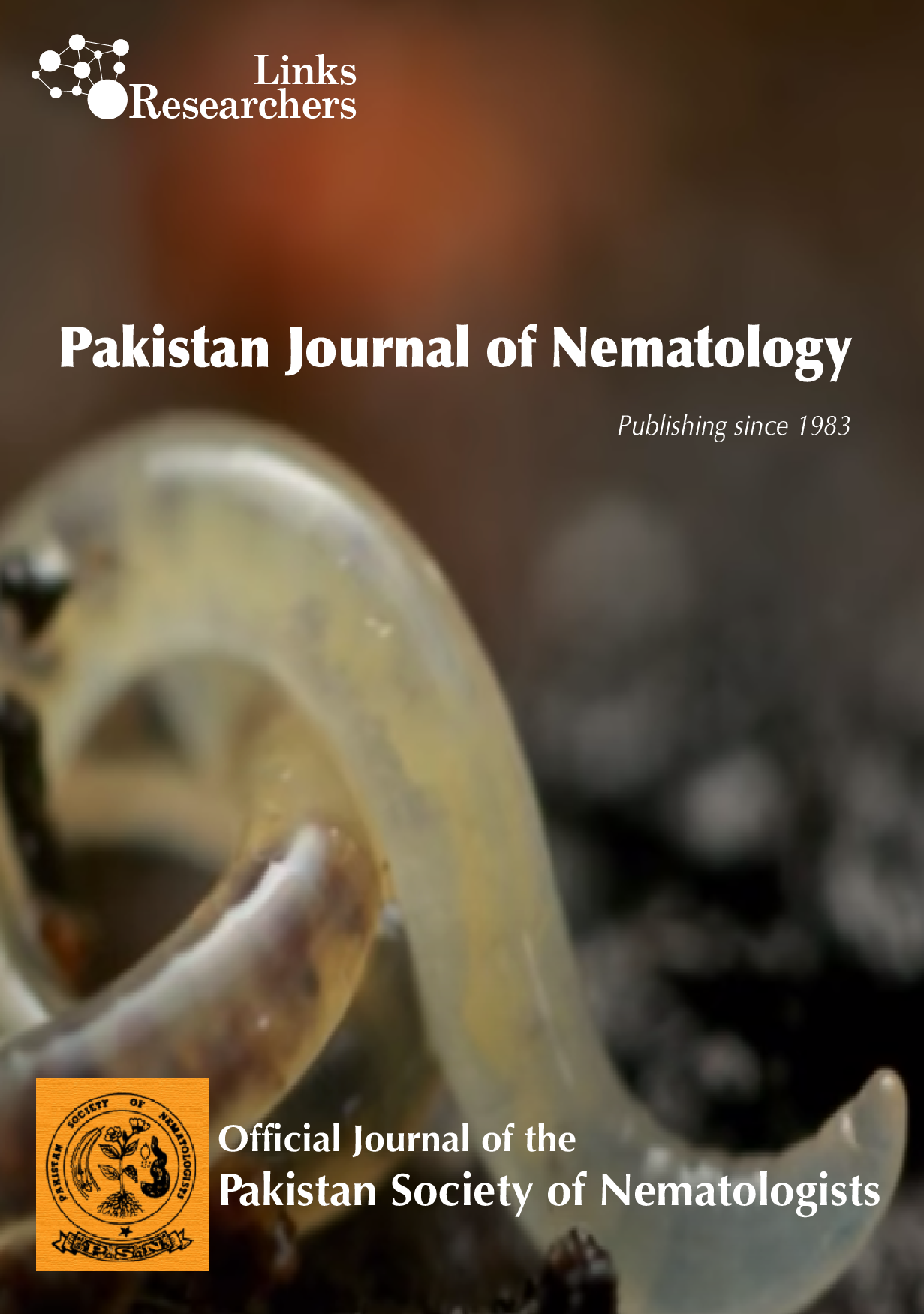The Role of Genetic Engineering in Management of Plant Parasitic Nematodes with Emphasis on Root-Knot Nematodes: A Review
Mahmoud Mohamed Ahmed Youssef* and Suzan Abd-Elazeim Hassabo
ABSTRACT
Genetic engineering can be defined as the formation of new combination of heritable material (DNA) by the insertion of nucleic acid molecules produced outside the cells into any virus, bacteria, plasmid or other vector system in which they are capable of continued propagation. Azotobacter spp. with nematicidal activity could control root-knot nematode, Meloidogyne incognita. The development of such strains by genetic manipulation by transferring gene (s) required for saponins production is effective in increasing crop yield together with fixing nitrogen. Escherchia coli is still used as a host for the recombinant DNA technology – based industrial production of proteins and peptides to manage root-knot nematode. Mi gene resistance in tomato plants has been utilized to manage M. incognita and M. javanica. Also, protoplast fusion between Pseudomonas fluorescens and P. aeruginosa to manage M. incognita was utilized. Many genes expressed in nematode feeding cells or the regulatory regions that control these genes have been isolated. Transproteins toxic to different plant parasitic nematodes can be expressed into tissues and cells feed upon by nematodes. Transgenic products with a potential to interefere with nematode physiology such as digestive enzymes or structural proteins of the intestine are considered.
To share on other social networks, click on any share button. What are these?




